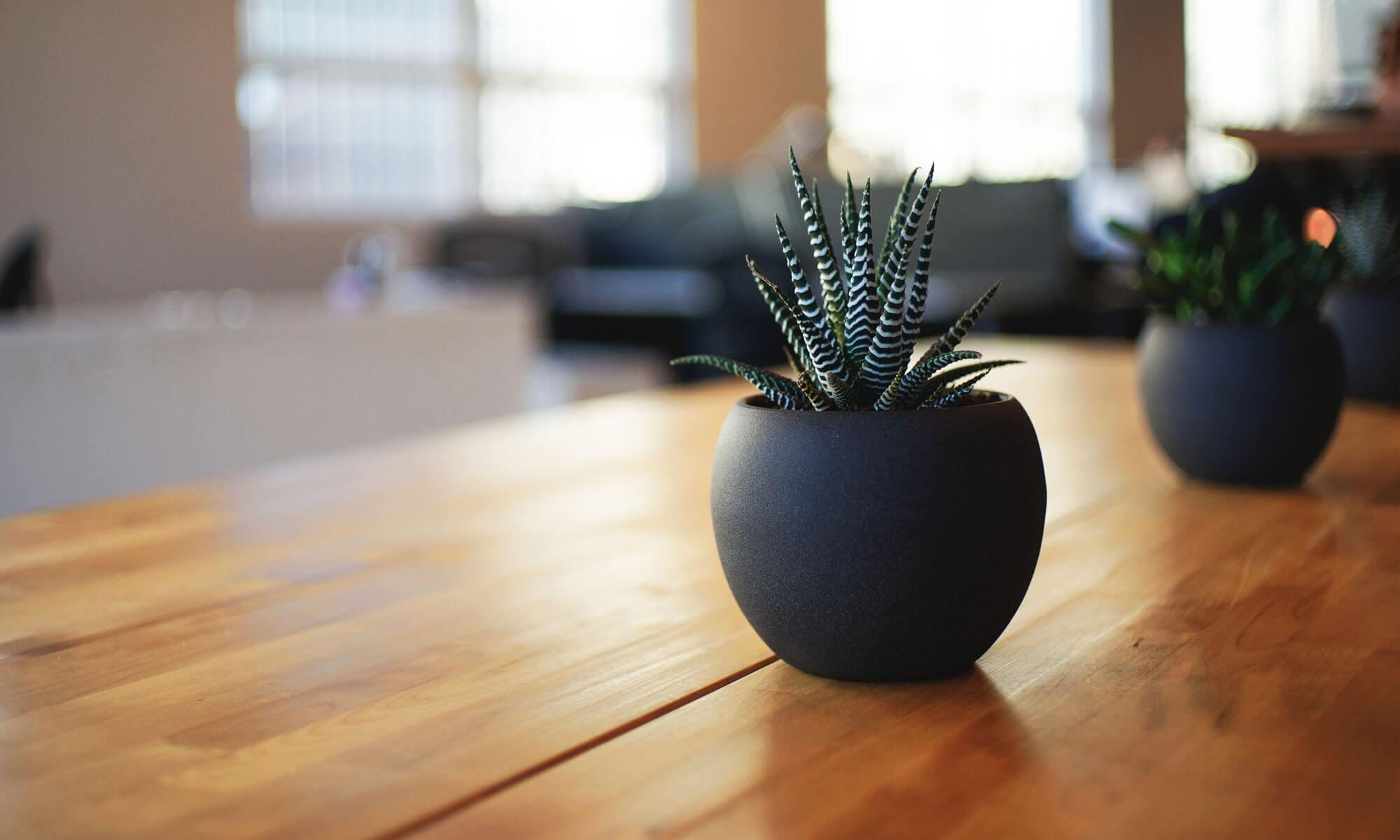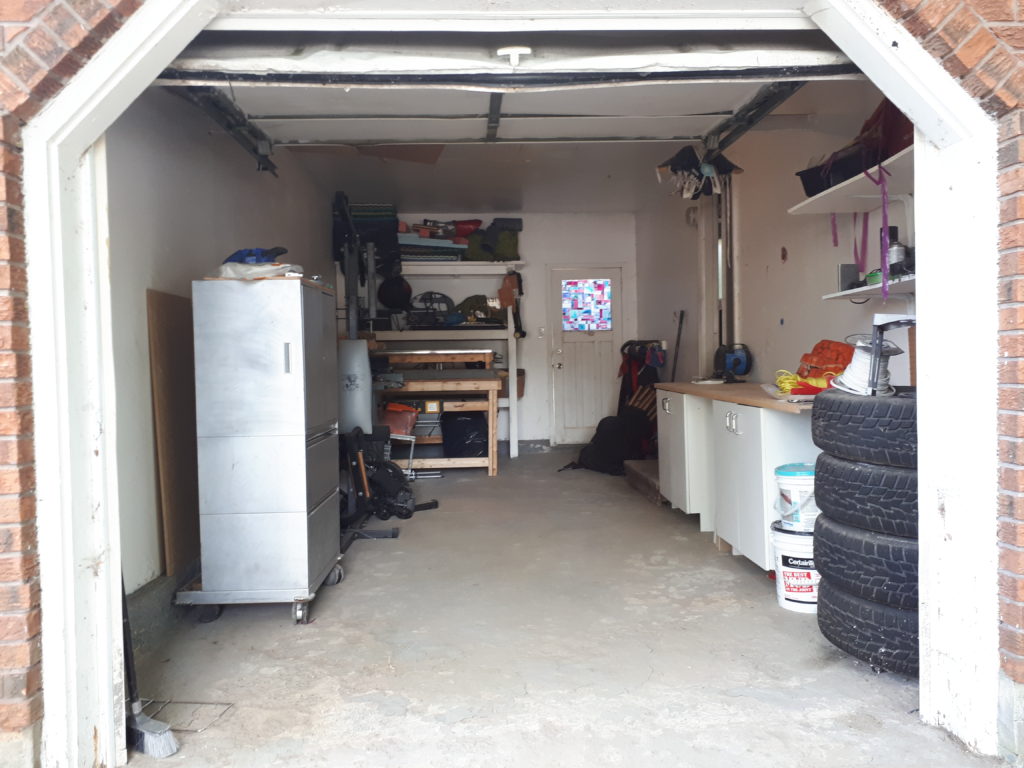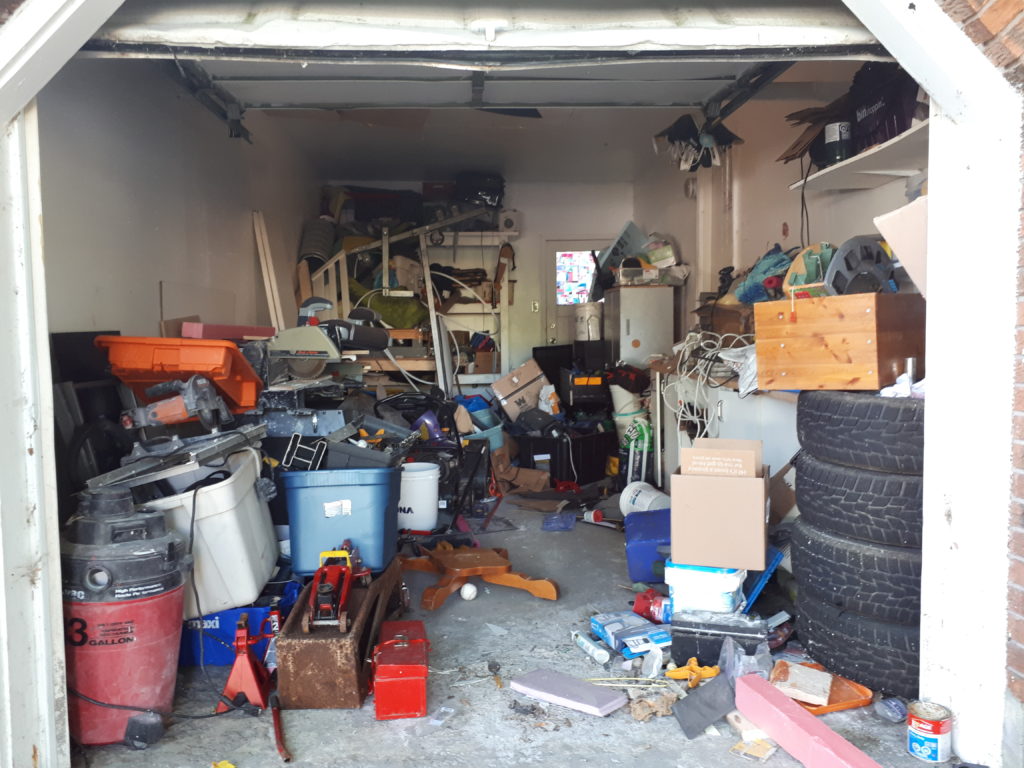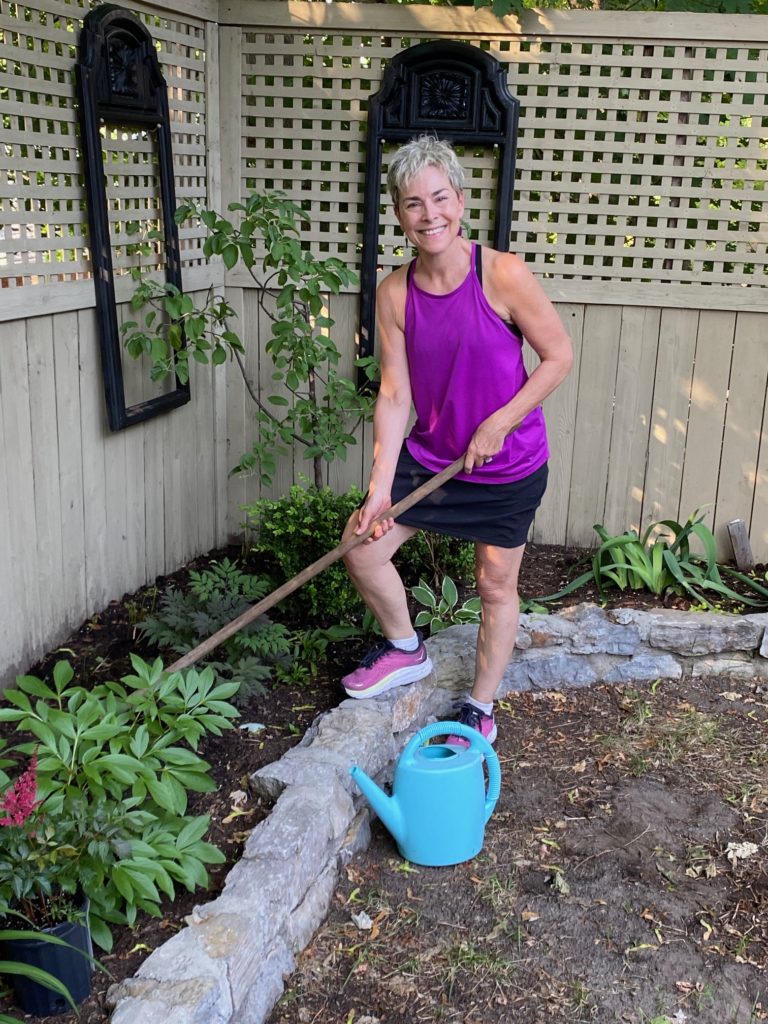as featured in the OSCAR newspaper Aug 2024 edition
Stuff has a way of accumulating over time and then one day you look around and realize that you’ve got more stuff than you have space for. Piles have started in various corners of your home and you feel overwhelmed.
When you get to this point, decluttering is key. Many people tell me that one of the things that holds them back from letting go of items is that they are not sure where they can donate these items that they no longer want or need.
Donations of Items that are in good shape and working order can have wonderful second lives with others in need in our community.
Here is a list of some organizations in Ottawa and a sense of what donated items they accept. More information is available on their websites or at www.declutter4good.ca/charities/
Belong Ottawa (formerly The Well) – New and unopened toiletries
Caldwell Family Centre – Clothing, unopened personal care items, linens and kitchen dishes and small appliances
Friends of the Ottawa Library – books
Habitat for Humanity – Gently used home goods and building materials, furniture, housewares & décor, home appliances, electronics, fixtures, flooring, lighting, doors and windows, in good condition and full working order
Hakim Optical – Prescription eyeglasses (including both prescription and non-prescription sunglasses)
Heartwood House – Computer equipment and other electronics for reuse, repair or environmentally friendly recycling
Helping with Furniture – small kitchen appliances, lamps, flatscreen TVs over 27′ and stands; couches, love seats and living room chairs; curtains, brackets and rods, bed frames, box springs and mattresses, and tablets and laptops
Hijinx Ottawa – Housewares
House2Home – Furniture, bedding, kitchen supplies, towels, sewing machines, carpets and art
OrKidstra – Musical instruments in good working order, especially wind, brass and stringed instruments (no pianos, keyboards, guitars or drum kits)
Ottawa Outdoor Gear library – A broad range of outdoor gear (i.e. camping, outdoor sports and games, and yoga)
Ottawa Tool Library – Household tools in good working order
Product Care Recycling – old and leftover residential paint and spray paint
Letting go of items you no longer need or want is always a WIN-WIN-WIN: you are going to get more space and feel more calm, those in need in our community will get items they require and our planet will have less items going to landfills.
If you need some help getting started, reach out to me at Declutter4Good.ca and we can chat. All consultations are free and confidential.






